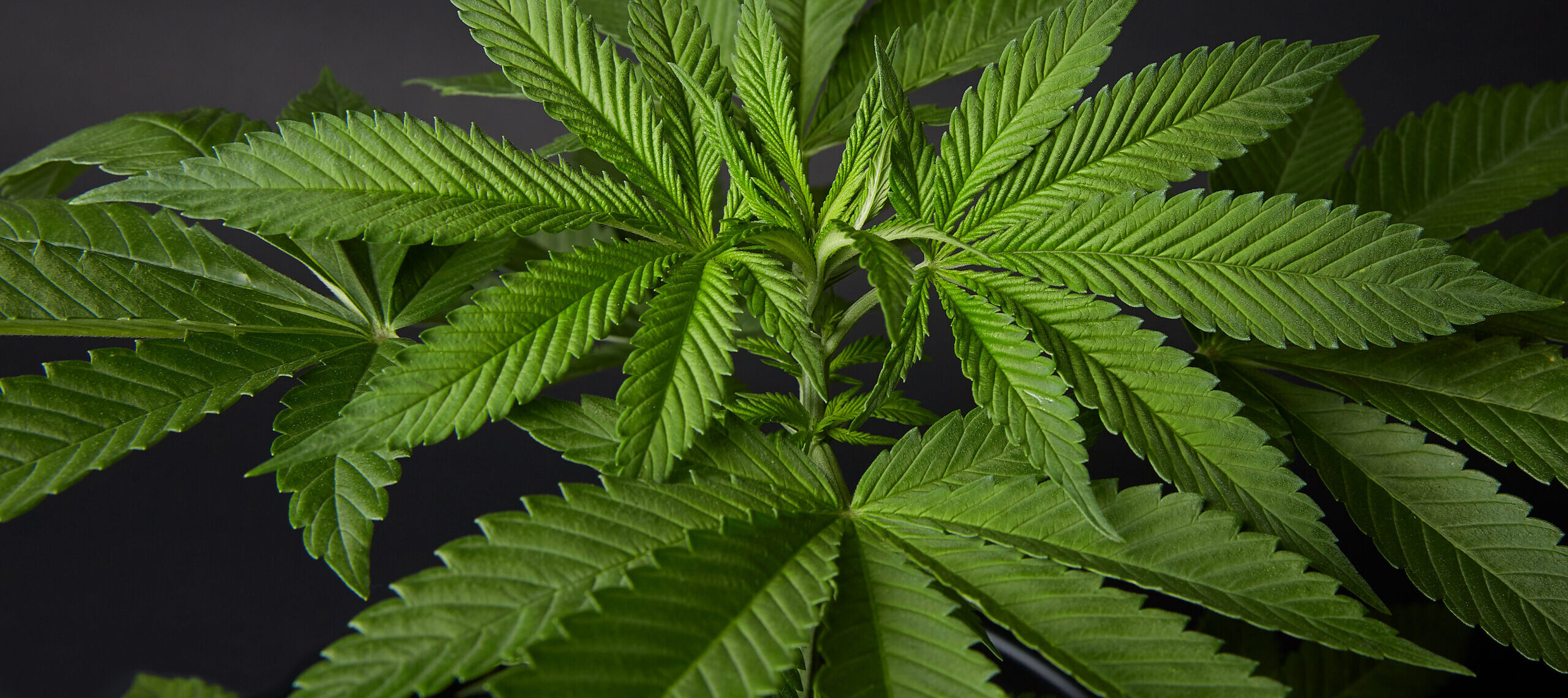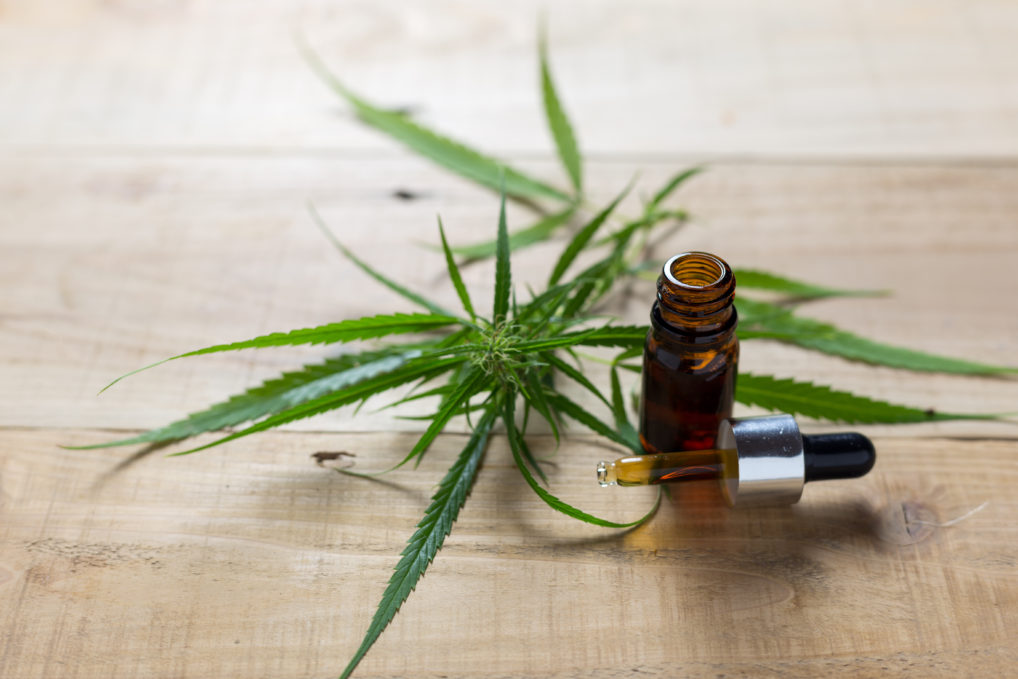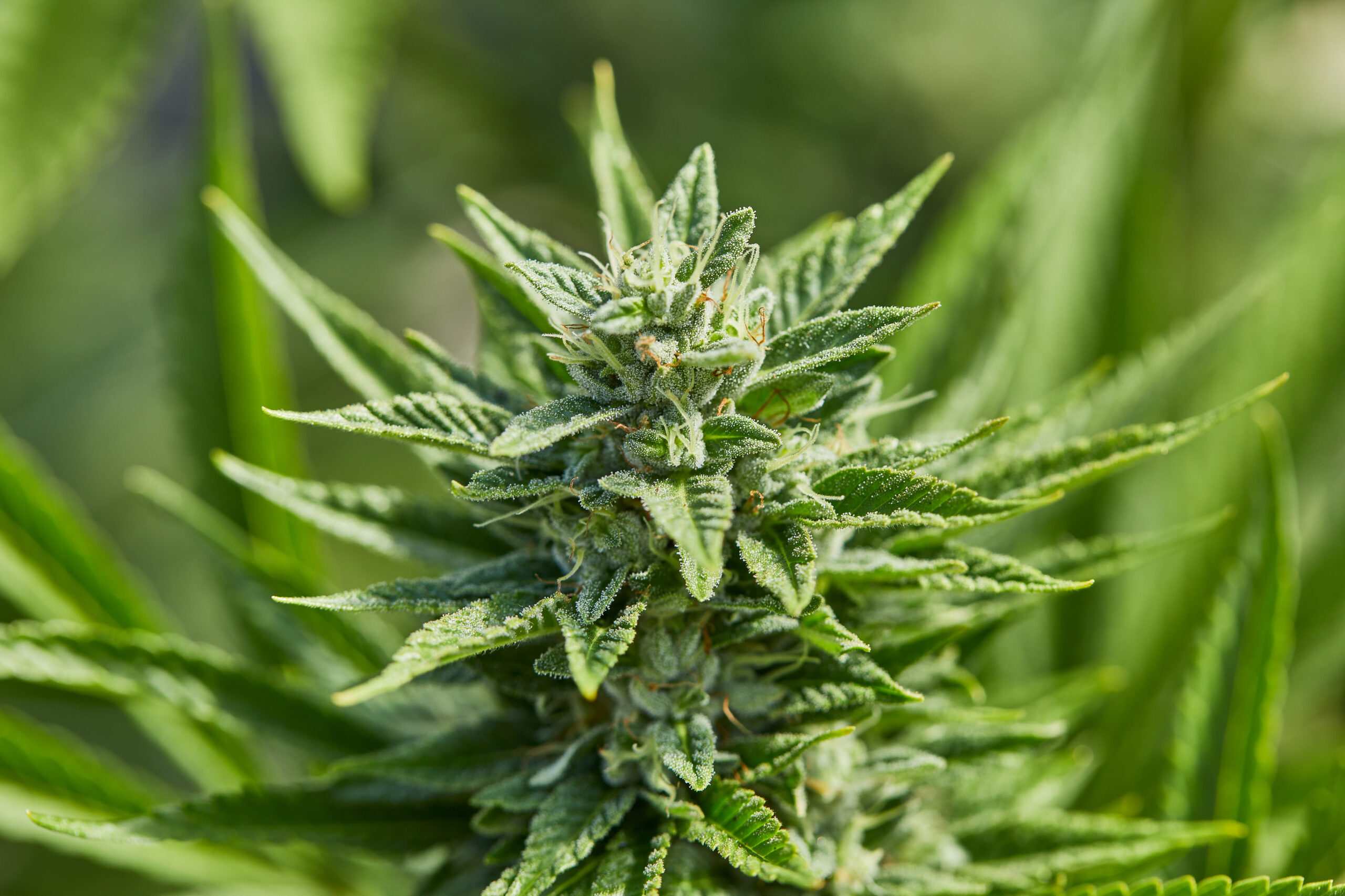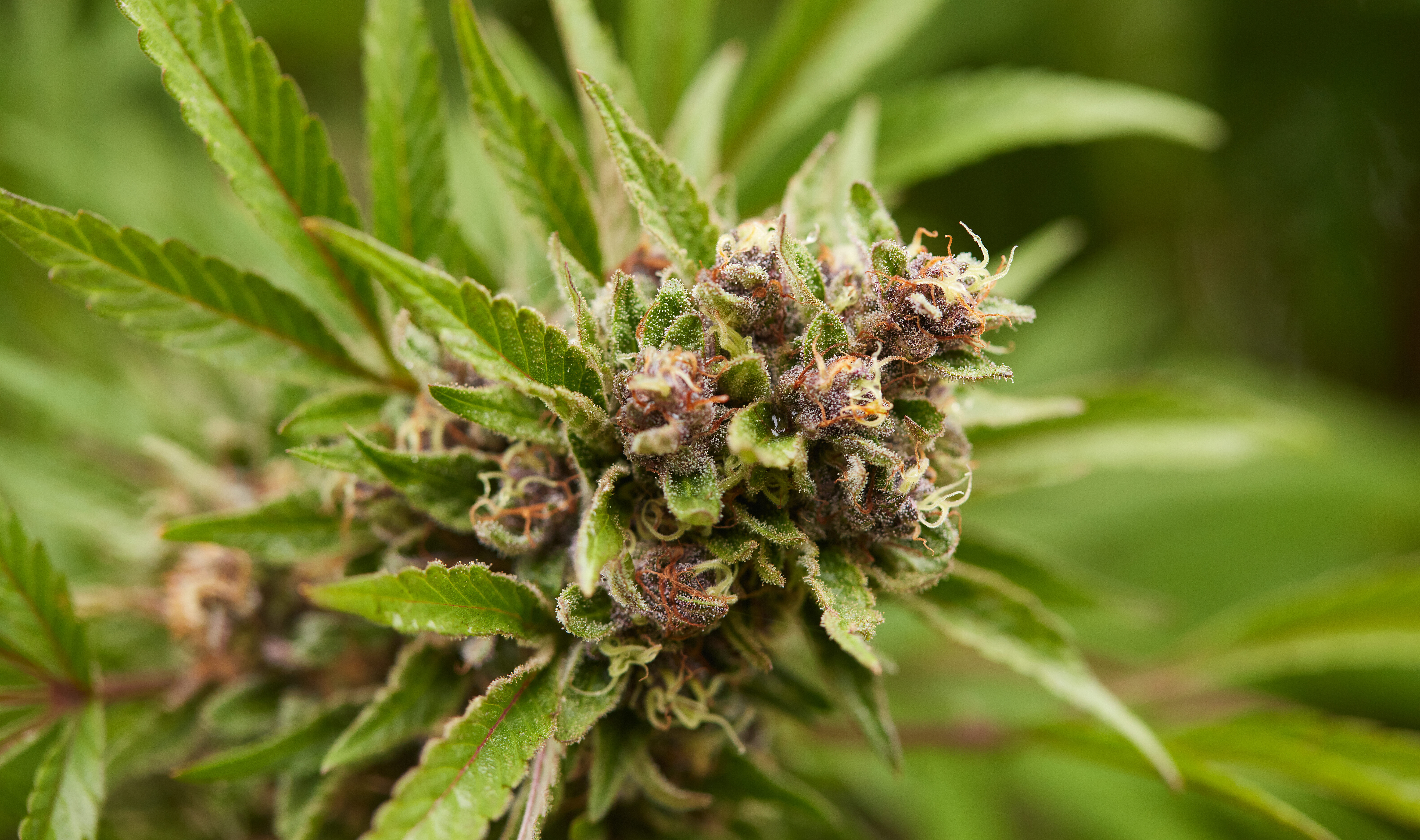Delta-10 THC, like delta-8 THC and delta-9 THC, is a cannabinoid found in cannabis. However, it's much less common. The differences among these THC variants lie in their molecular structures, which result in different psychoactive effects and interactions with the body's endocannabinoid system. The research on delta-10 THC is limited compared to more well-studied cannabinoids like delta-9 THC and CBD, and its legal status can vary.
Learn about delta-10 THC's effects and risks, if it gets you high, and the different products available.
Does delta-10 THC get you high?
Yes, delta-10 THC can produce intoxicating effects, but it isn't as potent as delta-9 THC. Typically derived from hemp plants, delta-10 THC is often reported to have a less intense psychoactive effect compared to delta-9 THC due to a slight difference in the chemical structure.
 Photo by: Gina Coleman/Weedmaps
Photo by: Gina Coleman/WeedmapsImage lightbox

There are anecdotal descriptions of a delta-10 high that say it's more uplifting and energetic, with less sedation and fewer of the anxiety or paranoia effects that some people experience with high doses of delta-9 THC. However, the experience of psychoactive substances can vary greatly from person to person, and factors like individual biology, tolerance, and the concentration of delta-10 THC in the product can all influence the effects.
As with any psychoactive substance, it's important to approach delta-10 THC with caution, especially if you are unfamiliar with cannabinoids in general.
Delta-10 benefits and risks
Delta-10 THC, like other cannabinoids, may offer a range of potential benefits. However, it also comes with risks, especially considering that there has been almost no research into its effects.
Benefits
- Potentially milder effects: Delta-10 THC is thought to provide a milder high compared to delta-9 THC. It's often described as uplifting and energizing. This might be beneficial for those seeking less intense intoxicating experiences.
- Potential for therapeutic uses: Because its chemical structure is so similar to other cannabinoids like delta-9 THC, delta-10 THC may possess some of the same therapeutic properties, such as pain relief, anxiety relief, and anti-inflammatory effects.
- Possible appetite stimulation: THC compounds are known for stimulating appetite, which can benefit those dealing with appetite loss.
- Possible creativity and focus: Anecdotal reports suggest that delta-10 THC may enhance creativity and focus, making it suitable for daytime use.
Risks
- Murky legal status: The legality of delta-10 THC is ambiguous and varies by region. In some places, it's treated like other forms of THC and subject to strict regulations. In others, it's primarily derived from hemp plants and assumed to be legal under the 2018 Farm Bill.
- Uncertain effects: Since regulations have yet to catch up with the proliferation of delta-10 THC products, there is a risk of contamination with harmful substances or higher levels of more potent cannabinoids like delta-9 THC. It's difficult to know the effects of any untested product. If you have a sensitivity to THC products, you may experience adverse reactions, such as anxiety or paranoia.
- Little to no research: There's a significant lack of scientific research specifically on delta-10 THC, which means its long-term effects and potential health risks are not well understood.
- Possible interaction with medications: Like other cannabinoids, delta-10 THC may interact with certain medications, altering their effects.
Delta-10 products
There are many types of delta-10 THC products available on the market. Be sure to do research into whether they offer a Certificate of Analysis (COA) with lab test results before consuming delta-10 THC.
Edibles
 Photo by: Gina Coleman/Weedmaps
Photo by: Gina Coleman/WeedmapsImage lightbox

Like other cannabinoids, delta-10 THC can be infused into a variety of edibles, such as gummies, chocolates, and baked goods, offering a smoke-free option for consumption.
Vape cartridges
These are among the most popular forms of delta-10 THC products. They consist of delta-10 THC oil in cartridges that can be used with vape pen batteries.
Concentrates
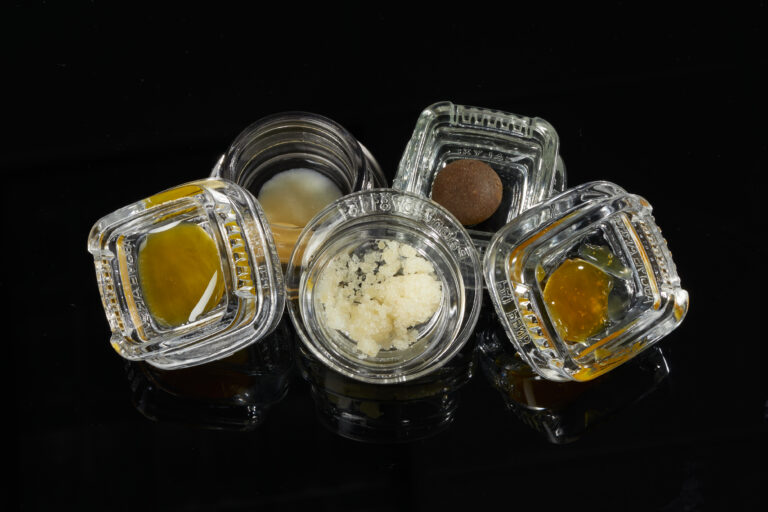 Photo by: Gina Coleman/Weedmaps
Photo by: Gina Coleman/WeedmapsImage lightbox

These are potent, concentrated forms of Delta-10 THC, which can be used for dabbing, a method of vaporizing and inhaling the cannabinoid.
Capsules and pills
These provide a convenient and discreet way to consume delta-10 THC.
Tinctures
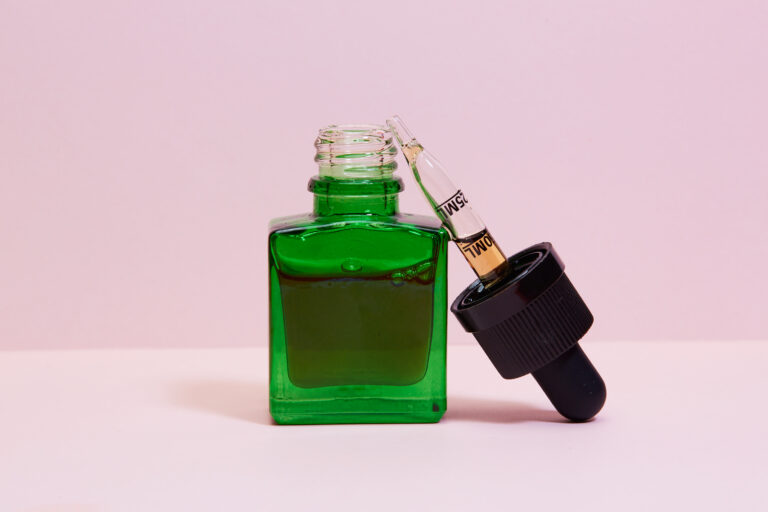 Photo by: Gina Coleman/Weedmaps
Photo by: Gina Coleman/WeedmapsImage lightbox

Delta-10 THC tinctures are oils or other solvents infused with the cannabinoid, usually administered under the tongue for sublingual absorption.
Bottom line
Despite there being many products available, much is unknown about delta-10 THC. Exercise caution when exploring the cannabinoid, and speak with your doctor about potential medication interactions before starting a cannabinoid regimen.
FAQ
Is delta-10 THC legal?
The legality of delta-10 THC is complex and varies depending on where you live. At the federal level, hemp-derived delta-10 THC is legal in the US thanks to the 2018 Farm Bill, which legalized hemp and hemp-derived products, including cannabinoids, with the stipulation that they contain no more than 0.3% delta-9 THC by dry weight.
Since delta-10 THC is typically synthesized from legal hemp-derived CBD, some argue that it falls under this legal definition. However, the regulatory status remains unclear, and there's debate about whether synthetically altered cannabinoids are legal under the Farm Bill.
At the state level, the legal status of delta-10 THC can vary significantly. Some states have more restrictive laws on THC and do not differentiate between delta-9 THC and other isomers like delta-8 or delta-10 THC, making them illegal or regulated similarly to cannabis.
Is delta-10 THC safe?
Without clear regulations regarding the production of delta-10 THC, it's difficult to say which products are safe and which are not. Some brands provide Certificates of Analysis showing third-party lab results. Take the time to research the trustworthiness of these lab results before considering a delta-10 THC product.
Is delta-10 THC synthetic?
Somewhat, yes. Delta-10 THC does exist naturally in cannabis plants, but only in trace amounts. It's not present in sufficient quantities to be extracted for commercial products in the same way as delta-9 THC or CBD. To produce delta-10 THC in quantities viable for commercial use, manufacturers typically use chemical processes to convert other cannabinoids, like CBD, which is abundant in hemp plants, into delta-10 THC. This conversion process involves chemical reactions, often using catalysts and specific conditions to rearrange the molecules.
Because Delta-10 THC is derived from naturally occurring cannabinoids but requires chemical processes to be produced in substantial amounts, it's often classified as a semi-synthetic cannabinoid. This classification differentiates it from entirely synthetic cannabinoids, which are entirely artificial and not derived from the cannabis plant.

